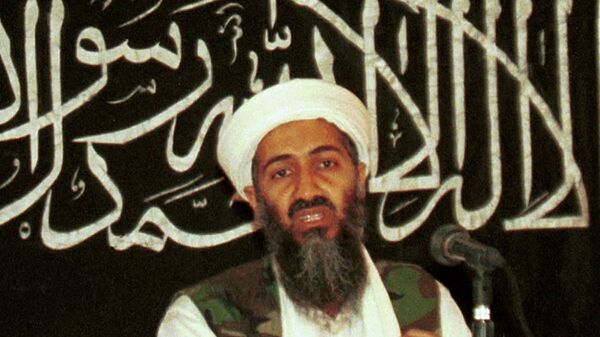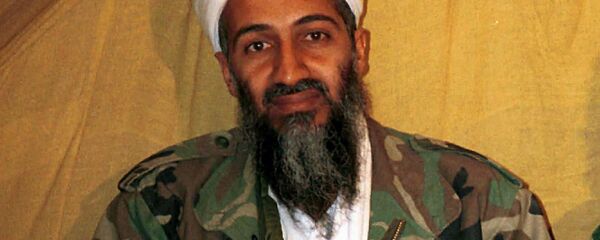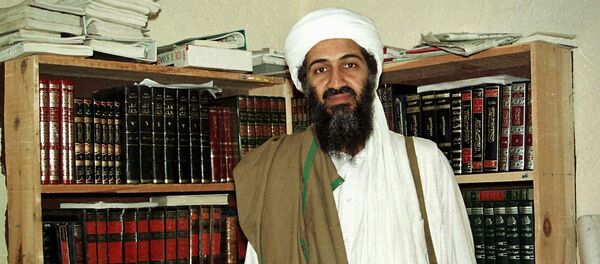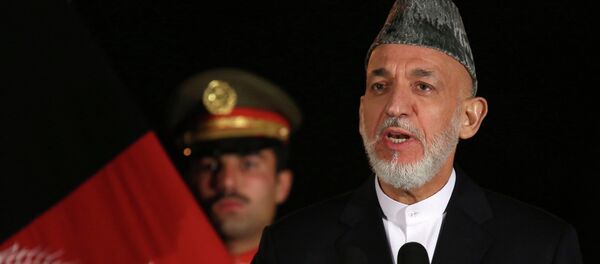Although the Snowden archive related to the hunt for "terrorist number one" does not explicitly prove Hersh's narrative, it provides a new context for the ongoing debate regarding the notorious Abbottabad raid, investigative journalists Cora Currier, Andrew Fishman and Margot Williams pointed out.
"The files provided by Snowden by no means represent the totality of intelligence community documents from that time period. The archive, sourced from the NSA's computer systems, offers only a partial window into the intelligence community's CIA-led efforts to find bin Laden," the journalists stressed.
The investigative journalists underscored that although the Obama administration has repeatedly stated that the clue about bin Laden's location was found when the CIA detected al-Qaeda courier Ibrahim Saeed Ahmed (also known as Abu Ahmed al Kuwaiti), this very data "surfaces rarely in the internal NSA documents."
"Ahmed's true name does not appear in the archive files… The one concrete reference to him is in a list of top terror suspects, updated in 2008," the researchers pointed out, adding that the documents read that the terror suspect was at large and believed to have information on the location of bin Laden and Ayman al-Zawahiri, another terrorist commander.
On the other hand, according to Seymour Hersh, the information on Osama bin Laden’s location came from a former Pakistani intelligence official in 2010, the journalists noted.
Young Osama Bin Laden in a cave while fighting the invading Soviet forces,1988 pic.twitter.com/9g1cfxQ4ch
— History in Pictures (@HistoryFlick) 18 мая 2015
There is also something sinister about bin Laden's documents collected by the SEAL team in Abbottabad, they emphasized. The US officials qualified these materials as a genuine "treasure trove" that led to a number of overseas operations and successful investigation into terrorism cases. These documents were also cited in the court martial of Army Private Chelsea Manning in 2013.
Curiously, Snowden's documents also contain information regarding the materials found in Abbottabad in 2011, but they "do not reference any actionable intelligence gained from them," the researchers underscored.
In addition, Cora Currier, Andrew Fishman and Margot Williams highlighted that the NSA documents from Snowden's archive related to the bin Laden hunt "often use boastful language designed to justify budgets and boost career accomplishments."
The Pakistani government even demanded to launch an investigation into the US raid, while the international community was slamming Islamabad for "turning a blind eye to militant groups in its backyard."
Although this pressure prompted Pakistani General Kayani (who was allegedly informed of the Abbottabad raid ahead of time) to restrain US-Pakistani intelligence cooperation, mutual trust was then regained.






